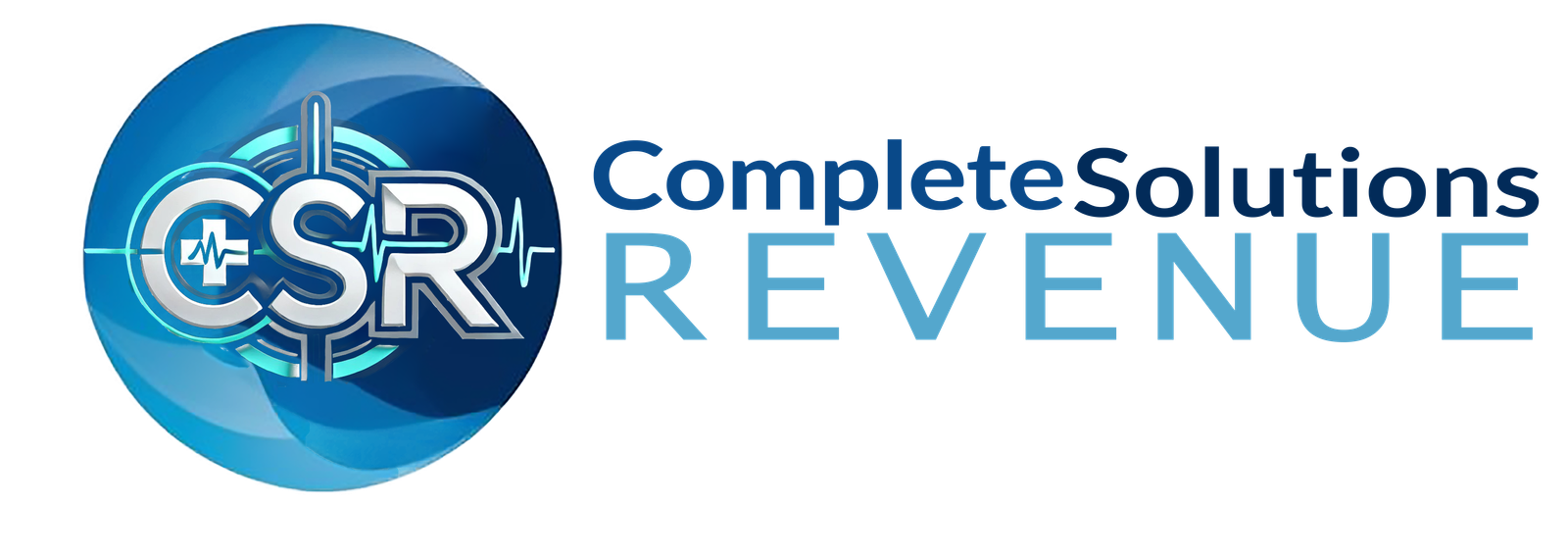
Comprehensive Guide to Toxicology Billing Services in Complete Solutions Revenue (CSR) and Professional Context
Toxicology billing services play a crucial role in the healthcare industry, especially in the context of Complete Solutions Revenue (CSR). As medical billing and revenue cycle management (RCM) continue to evolve, toxicology billing has become a specialized field that requires a deep understanding of both medical coding and regulatory compliance, alongside the unique needs of toxicology practices. Whether it’s a laboratory conducting drug tests or a physician’s office offering screening services, effective toxicology billing ensures that providers are reimbursed for their services while maintaining compliance with complex healthcare regulations.
This comprehensive guide will explore the nuances of toxicology billing services, their importance in CSR, and how they relate to professional medical practice and healthcare businesses. Additionally, we’ll address the significance of ranking keywords in the context of the medical billing industry, emphasizing advanced language and strategies for creating an optimized online presence.
Understanding Toxicology Billing Services
Toxicology billing services involve the coding and processing of claims related to toxicology tests, including drug screenings, alcohol tests, and other diagnostic procedures designed to detect the presence of toxic substances in a patient’s system. These services are critical for ensuring that healthcare providers are reimbursed correctly and promptly for the testing services they provide.

Toxicology tests are widely used in a range of settings, from hospitals and clinics to rehabilitation centers, law enforcement agencies, and drug testing laboratories. The complexity of these tests, combined with the often extensive panel of substances tested, can make billing a challenging process. Medical coders and billers specializing in toxicology are tasked with ensuring the proper use of CPT (Current Procedural Terminology) and ICD (International Classification of Diseases) codes to submit accurate and timely claims to insurance providers.
The Role of Complete Solutions Revenue (CSR) in Toxicology Billing
Complete Solutions Revenue (CSR) refers to a comprehensive, end-to-end revenue cycle management solution that integrates all aspects of a healthcare provider’s financial operations. This includes everything from patient intake and eligibility verification to claim submission, follow-up, and payment posting. The goal of CSR is to streamline the revenue cycle, reduce administrative burdens, and improve cash flow.
In the context of toxicology billing, CSR helps practices navigate the complexities of billing by offering a structured, standardized process for handling claims. This process often involves:
- Coding and Documentation: Proper documentation of patient encounters and services is essential to ensure that claims are accurate and compliant with insurance requirements. In toxicology, this often involves identifying the specific tests ordered, the substances screened for, and any relevant patient history.
- Compliance and Regulation: Toxicology billing is subject to strict regulatory oversight, especially concerning Medicare, Medicaid, and private insurance policies. CSR systems help practices stay compliant with all relevant rules and regulations.
- Claim Submission: Claims for toxicology testing are submitted to insurance companies using the appropriate billing codes. The complexity of toxicology testing, which may involve multiple substances or panels, requires careful attention to detail in coding.
- Claims Follow-Up and Appeals: Due to the high likelihood of claim denials or underpayments in toxicology billing, CSR solutions often include robust follow-up and appeals processes. This ensures that providers receive full reimbursement for their services.
The Importance of Toxicology Billing in the Professional Context
Toxicology billing is not just a back-office function; it is integral to the financial health and operational success of healthcare providers. Accurate billing ensures that providers are reimbursed for their services, which is crucial for maintaining profitability. In addition, toxicology billing impacts the quality of care patients receive, as it enables providers to invest in advanced testing technologies and services.
Challenges in Toxicology Billing
There are several unique challenges associated with toxicology billing:

High Denial Rates
Toxicology testing claims have higher-than-average denial rates due to the complexity of the tests and the frequent misunderstandings by payers about what constitutes medically necessary testing. To mitigate this, toxicology billing specialists must work closely with insurance companies to clarify medical necessity and correct billing errors.
Payer-Specific Guidelines
Different insurance providers have their own policies regarding reimbursement for toxicology testing. Toxicology billing services must stay up-to-date with these ever-changing payer guidelines to ensure accurate claims submission.
Complex Billing Codes
Toxicology tests often involve multiple substances and panels, which means that coding must be precise. Improper coding can lead to claim denials or delays in payment. Additionally, some tests may require the use of special modifiers or HCPCS (Healthcare Common Procedure Coding System) codes.
Regulatory Compliance
Billing practices for toxicology services must adhere to specific regulatory requirements, such as those outlined by HIPAA (Health Insurance Portability and Accountability Act) and the Clinical Laboratory Improvement Amendments (CLIA). These regulations are critical to ensuring patient privacy and quality testing standards
Medical Necessity
Insurance companies often require proof of medical necessity for toxicology tests, particularly when the tests are used for non-standard purposes (e.g., employment drug testing or legal purposes). Toxicology billing services must ensure that proper documentation supports the necessity of the test to avoid denials.
Conclusion
Toxicology billing services are essential for ensuring that healthcare providers are reimbursed for the critical testing services they offer. In the context of Complete Solutions Revenue (CSR), these services help streamline the billing process, improve cash flow, and ensure regulatory compliance. By employing effective coding practices and utilizing advanced revenue cycle management systems, toxicology practices can enhance operational efficiency and financial performance.
Additionally, optimizing a website with the right keywords and SEO strategies can improve the online visibility of toxicology billing services, helping practices attract more clients and grow their business. By focusing on both the technical aspects of medical billing and the online marketing strategies that increase discoverability, toxicology billing companies can position themselves as leaders in the field.